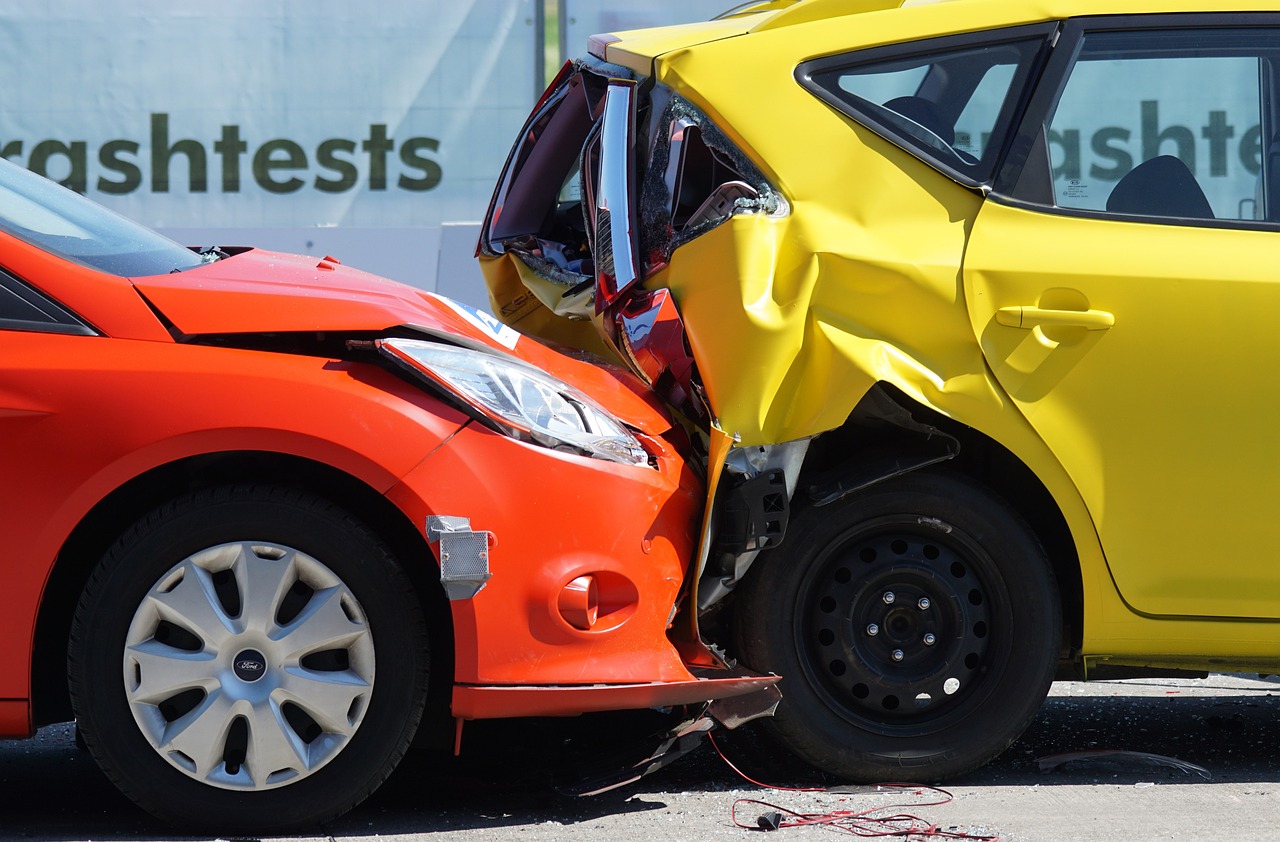Car insurance plays a critical role in ensuring financial security for vehicle owners. It protects drivers, passengers, and third parties from losses arising from accidents, theft, or other unexpected incidents. With a variety of policies available, it is essential to understand the different types of coverage, the factors influencing premiums, and how to choose the right insurance plan for your specific needs. This article explores the world of car insurance in depth, offering valuable insights for anyone looking to secure the best protection for their vehicle.
What is Car Insurance?
Car insurance is a contract between the policyholder and an insurance company. In exchange for periodic payments called premiums, the insurer agrees to cover financial losses arising from damages or accidents involving the insured vehicle. Depending on the policy, it may cover the costs of repairs, medical bills, legal liabilities, or compensation for stolen vehicles.
Car insurance is often required by law, making it both a legal obligation and a financial safeguard. Failure to have insurance can result in penalties, fines, or suspension of your driving privileges, depending on local regulations.
Types of Car Insurance Policies
- Third-Party Liability Insurance
This is the most basic form of car insurance and is mandatory in many countries. It provides coverage against:
- Damage caused to other people’s vehicles or property.
- Injury or death of third parties involved in an accident caused by the insured vehicle. However, third-party liability insurance does not cover damages to the policyholder’s vehicle. It is a good option for older cars or those on a tight budget, but it offers limited protection.
- Comprehensive Car Insurance
Comprehensive insurance is a more extensive policy that covers both third-party liabilities and damage to the insured vehicle. It provides protection against:
- Accidents (whether you are at fault or not).
- Theft, vandalism, and natural disasters (such as floods, earthquakes, or fire).
- Damage caused by animals or falling objects. While it is more expensive than third-party insurance, it offers greater financial security and is often recommended for newer or expensive vehicles.
- Collision Insurance
This policy covers repair or replacement costs if your car is damaged in a collision, regardless of who is at fault. However, it does not cover non-collision events like theft or natural disasters. Collision insurance is ideal for new or financed cars, ensuring that the vehicle is repaired or replaced in case of an accident. - Personal Injury Protection (PIP)
PIP covers medical expenses and lost wages for the policyholder and passengers, regardless of fault. Some policies may also provide compensation for rehabilitation and funeral expenses. PIP is especially beneficial in areas where health insurance may not fully cover accident-related injuries. - Uninsured/Underinsured Motorist Coverage
This coverage protects you if you’re involved in an accident with a driver who does not have insurance or whose insurance coverage is insufficient to cover the damages. This policy ensures that your own financial protection is not compromised, even if the other party is at fault but uninsured.
Benefits of Car Insurance
- Compliance with Legal Requirements
In most countries, it is mandatory to have at least third-party liability insurance. Driving without insurance can result in heavy fines, license suspension, or even jail time in some cases. - Financial Protection from Unexpected Events
Accidents, natural disasters, theft, and vandalism are unpredictable events. Car insurance ensures you are financially covered, preventing out-of-pocket expenses for repairs or replacements. - Coverage for Medical Expenses
In the event of an accident, insurance policies like PIP can help cover medical bills, hospital stays, and rehabilitation costs. This helps reduce the burden on health insurance and personal savings. - Third-Party Liability Protection
If your vehicle causes damage to someone else’s property or results in injuries to another person, third-party coverage protects you from legal and financial liabilities. - Peace of Mind
Knowing that you are protected on the road allows you to drive confidently, even in challenging conditions. Comprehensive insurance, in particular, ensures that you are covered for a wide range of risks.
Factors Influencing Car Insurance Premiums
- Age and Driving Experience
Young and inexperienced drivers are considered high-risk and typically face higher premiums. In contrast, experienced drivers with good driving records enjoy lower rates. - Vehicle Type and Value
Expensive cars or luxury models attract higher premiums due to their high repair and replacement costs. Similarly, vehicles with high safety ratings often qualify for discounts. - Location
The area where you live and park your vehicle affects premiums. Urban areas with higher crime rates or traffic congestion usually result in higher premiums than rural areas. - Driving Record
A clean driving history without accidents or traffic violations can reduce premiums, while a history of reckless driving increases them. Some insurers offer no-claim bonuses for drivers who have not made any claims in previous years. - Usage and Mileage
Cars that are driven frequently or for long distances are more likely to be involved in accidents, leading to higher premiums. Low-mileage discounts are often available for drivers who use their cars less frequently. - Add-Ons and Customization
Additional coverage options, such as roadside assistance or zero depreciation cover, increase premiums. However, these add-ons can enhance your protection.
How to Choose the Right Car Insurance Policy
- Assess Your Needs and Budget
Determine the level of coverage you need based on your vehicle’s value, driving habits, and budget. Third-party insurance may suffice for an old car, while comprehensive insurance is advisable for new or luxury vehicles. - Compare Policies from Different Insurers
Use online comparison tools to evaluate multiple insurance providers. Consider not just the premiums but also the policy benefits, exclusions, and claim settlement ratio. - Check for Discounts and Offers
Many insurers offer discounts for safe drivers, students, and long-term policyholders. Take advantage of these to reduce your premium. - Evaluate the Claim Process
Choose an insurer with a reputation for quick and hassle-free claim settlements. Look for customer reviews and ratings to assess their service quality. - Consider Add-Ons Wisely
Select additional coverage options based on your specific needs. For example, roadside assistance is helpful if you travel frequently, while engine protection cover is essential in areas prone to flooding.
Tips to Save on Car Insurance
- Bundle Policies
Some insurers offer discounts if you bundle multiple insurance policies, such as home and car insurance, with the same provider. - Opt for Higher Deductibles
A higher deductible (the amount you pay out-of-pocket before insurance kicks in) can lower your premiums. However, make sure you can afford the deductible if needed. - Maintain a Good Driving Record
Safe driving habits can help you avoid accidents and traffic violations, leading to lower premiums and eligibility for no-claim bonuses. - Install Safety Features
Installing anti-theft devices, dash cams, or other safety features can reduce your premium by lowering the risk of theft or accidents.
Conclusion
Car insurance is an essential investment that provides financial security and peace of mind on the road. While selecting the right policy can be challenging, understanding the different types of coverage, assessing your personal needs, and comparing policies will help you make an informed decision. Whether you opt for basic third-party insurance or a comprehensive policy with add-ons, having proper coverage ensures that you are prepared for any unexpected event.
By evaluating factors like premiums, discounts, and claim processes, you can find a policy that offers the best value for your money. Ultimately, car insurance not only protects your finances but also allows you to enjoy the freedom of driving with confidence and security.
This article covers all aspects of car insurance in detail. Let me know if you’d like any modifications!










